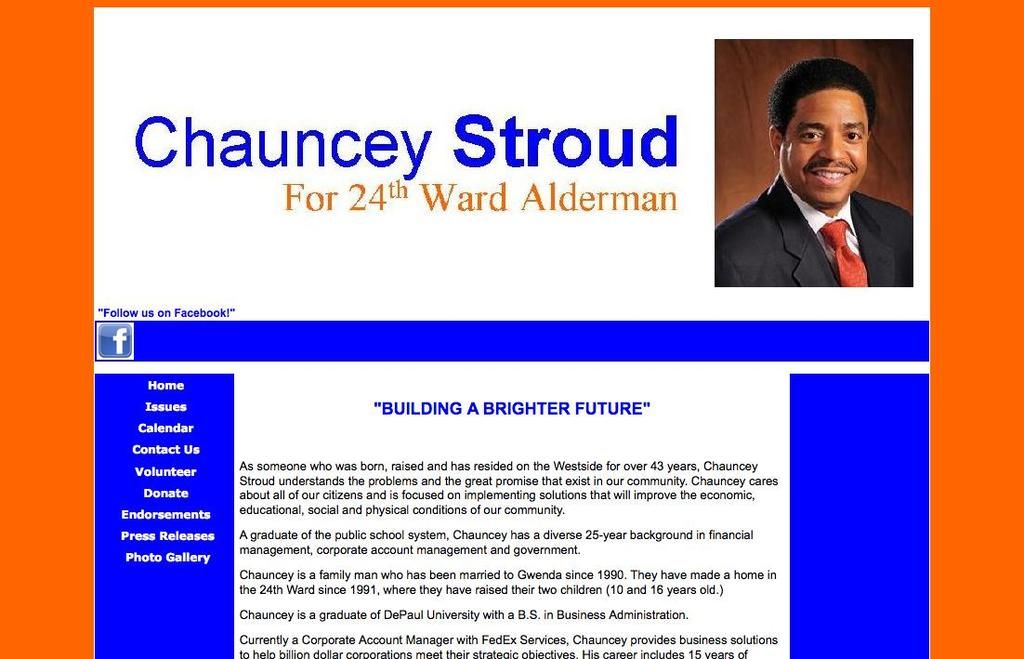Stickin' It to the Man: David versus Goliath Brand Fight
Titan Clash: How Big Corporations Intimidate Smaller Competitors - Corporate Giants Clash with Small-Scale Operators: A Scenario of Large-Scale Enterprises Issuing Alarms to Smaller Competitors
**
Ever imagined a battle between a humble broccoli and a notorious crocodile? Unthinkable, right? But for Felix Huynh, owner of the upstart Broccodile brand, this was his reality when the colossal Lacoste brand threatened legal action over a perceived trademark infringement. Huynh, a resident of Mühlacker (Enzkreis), initially thought the lawsuit was a prank. But a cease and desist letter for an alleged dispute worth half a million euros and a demand to delete the registered Broccodile trademark was no laughing matter. Despite legal advice, Huynh refused to bow down, risking a lawsuit. Lacoste remained silent on the matter.
Small business owners often find themselves inDavid versus Goliath-like battles against corporate titans. Established giants use cease-and-desist letters to target smaller competitors they suspect of trademark infringement. According to Jens Klaus Fusbahn, a specialist lawyer for industrial property rights, these actions help brand owners protect their trademarks from getting watered down. However, the selectivity of these actions is sometimes questioned.
Take Selva Negra Spirits, a Stuttgart-based startup that unintentionally got embroiled in a dispute with Jägermeister over a deer antler logo for their agave schnapps. They found themselves in a costly and pressurizing situation, as the dispute was valued at 250,000 euros. Sebastian Dresel, one of Selva Negra's founders, felt the financial superiority was used to intimidate smaller companies. The Higher Regional Court of Hamburg finally ruled in favor of Selva Negra, emphasizing that depicting a deer or deer-like figure doesn't automatically constitute trademark infringement. Despite a favorable ruling, Selva Negra was still left with a hefty bill.
Trademark disputes often lead to costly legal battles that small businesses can't afford. According to patent attorney Alexander Bulling, who teaches at the University of Stuttgart, small businesses often underestimate their legal position and engage in unnecessary fights. Over the years, numerous case studies have surfaced where small businesses emerged victorious against large corporations in trademark disputes.
For instance, a Swabian toy company successfully defended its yellow triangle logo, resembling American construction equipment giant Caterpillar's trademark, in a long-standing legal battle before the OLG Hamburg. In another case, an Apple-shaped logo of a small café in Bonn wasn't deemed a threat by Apple, leading the tech giant to back down. Similarly, outdoor equipment supplier Jack Wolfskin halted its dispute with small retailers over alleged trademark infringements.
On the other hand, Lacoste successfully fought a Polish company with an alligator as its logo in 2015, despite the alligator's tail being bent downwards, as the court deemed the risk of confusion too high. Clearly, major brands will not hesitate to protect their valuable trademarks.
Fusbahn acknowledges the brand owners' interests but warns about the excessive use of financial power to intimidate smaller companies. Even when the challenged logo bears little resemblance to the objecting party's trademark, the risk of confusion can still be significant, he notes.
Bulling agrees, stating that well-known trademarks have considerable monetary value for companies, and neglecting them can lead to a rapid loss of value. At the German Patent and Trademark Office (DPMA), older trademarks are increasingly being challenged less often as improved search possibilities for registered trademarks and early conflict resolution efforts reduce the number of objections. Broccodile founder Huynh is waiting for his fate--the Broccodile trademark remains registered at DPMA with an ongoing opposition procedure.
Community aid may be crucial for small businesses in David versus Goliath-like battles against corporate titans, providing financial support to help them navigate costly trademark disputes. The business industry must consider the potential misuse of financial power in these disputes, as it can intimidate smaller companies and hinder fair competition.





